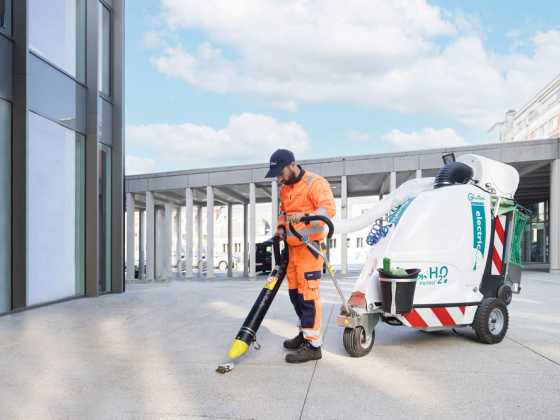Proposed reforms to HGV driver training rules

The government has proposed reforms to driver training rules for lorry, bus, coach, and minibus drivers.
The new consultation proposes reforms to the Driver Certificate of Professional Competence (DCPC), a professional qualification originally introduced by the EU that lorry, bus, coach, and minibus drivers are required to hold in addition to their driving licence.
Following Brexit, the government is exploring how to best improve DCPC to increase flexibility and choice for drivers and support the industry in retaining and recruiting staff.
The key changes include more flexibility with e-learning and a shorter ‘new periodic test’ which could save employees time and companies up to £460 per test in early estimates.
Reforms to training as well as the new cheaper and shorter periodic test will offer an accelerated route for former drivers to return to the sector more easily.
DCPC is currently obtained by passing four tests and renewed by completing 35 hours of training every 5 years, which can cost up to £500 for each individual training.
While supportive of DCPC in principle, the industry has raised concerns that in its current form the qualification is making it more difficult to retain and attract drivers to the sector, with high costs, poor flexibility and extended length of training among the main barriers to progress.
Safety is at the heart of the proposals, as the new periodic test will be delivered by the Driver and Vehicle Standards Agency (DVSA) and will continue to meet existing training standards to ensure that UK’s roads remain among the safest in Europe.
Road Haulage Association Managing Director, Richard Smith, said: "We welcome the news that DfT is consulting on proposed DCPC reform to offer more choice and flexibility for drivers. This is a key priority for us as we continue to look for ways to tackle skills shortages in the transport sector. We look forward to reflecting our members’ views in the weeks ahead."
If implemented, reforms will establish a National DCPC for use in Great Britain and potentially Northern Ireland. The existing regime, the International DCPC, will remain for travel to, from or within the EU and will continue to be recognised for journeys within the UK.



